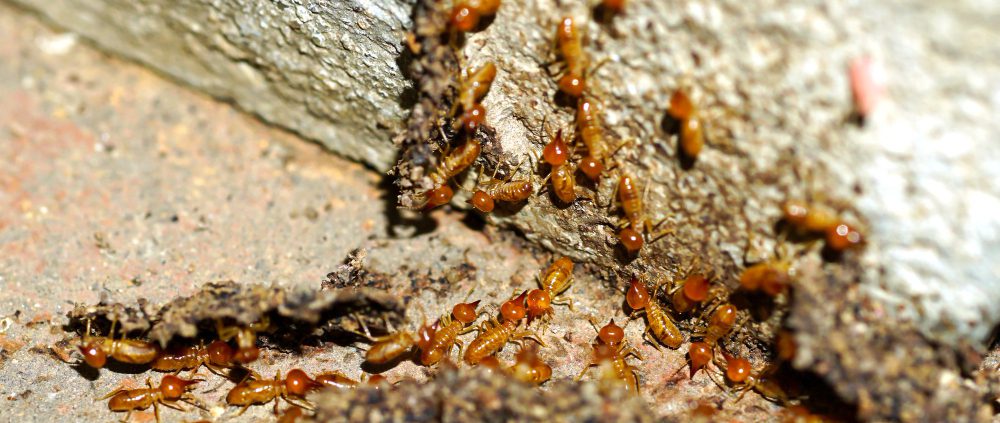Termites are small, elusive pests that can cause significant damage to homes, often without homeowners realizing it until it’s too late. A termite home inspection is an essential step in identifying and preventing these destructive insects from compromising the structural integrity of your property. In this article, we’ll dive into what a termite inspection entails, why it’s crucial, and the best times to schedule one.
What Is a Termite Home Inspection?
A termite home inspection is a professional evaluation of your property to detect signs of termite activity or damage. Licensed pest control inspectors conduct these inspections, using their expertise to locate infestations that might otherwise go unnoticed.
During the inspection, professionals typically examine:
- Interior areas such as walls, baseboards, and attics.
- Exterior zones like the foundation, eaves, and surrounding soil.
- Wooden structures, including decks, fences, and any other features made of wood.
Inspectors are trained to look for telltale signs of termites, such as:
- Mud tubes along walls or foundations.
- Piles of discarded wings near windows or doors.
- Hollow-sounding wood.
- Frass (termite droppings) that resemble sawdust.
Why Are Termite Inspections Important?
Termites are often referred to as “silent destroyers” because they chew through wood, flooring, and even wallpaper, often leaving little visible evidence of their presence. Over time, their activity can cause extensive damage that is costly to repair.
Here’s why a termite inspection is vital:
- Protects Your Investment: For homeowners, termites can reduce property value significantly if left untreated.
- Saves Money: Early detection can prevent thousands of dollars in repair costs.
- Meets Legal Requirements: Many states require termite inspections during the sale or purchase of a home.
- Prevents Structural Damage: Identifying termites early ensures the integrity of your home remains intact.
When Should You Schedule a Termite Inspection?
Knowing when to schedule a termite inspection can save you headaches down the line. Here are key scenarios where an inspection is necessary:
1. When Buying or Selling a Home
- Homebuyers often require a termite clearance letter to proceed with the purchase.
- Sellers may schedule a termite inspection to address any issues before listing the property, ensuring a smooth transaction.
2. After Spotting Warning Signs
- If you notice mud tubes, damaged wood, or swarms of insects near your home, schedule an inspection immediately.
3. Annually or Semi-Annually
- Experts recommend routine inspections once or twice a year, particularly if you live in a region prone to termites.
4. After a Renovation
- If you’ve recently added new wooden structures to your home, it’s wise to check for potential termite vulnerabilities.
5. During Termite Season
- Termite swarming season, typically spring and summer, is an ideal time to have an inspection done as this is when termites are most active.
How to Choose a Qualified Termite Inspector
Not all pest control services are created equal. To ensure a thorough inspection:
- Verify Credentials: Choose a licensed and certified pest control company.
- Read Reviews: Look for companies with positive customer feedback.
- Ask About Experience: An inspector with years of experience will likely catch signs others might miss.
- Request a Detailed Report: A good inspector will provide a comprehensive report with findings and recommendations.
What Happens If Termites Are Found?
If termites are detected during an inspection, the pest control company will recommend a treatment plan. This may include:
- Soil treatments to create a barrier around your home.
- Baiting systems to eliminate the colony.
- Wood treatments to protect exposed wooden structures.
Taking swift action after a positive inspection can minimize damage and protect your home from further infestations.

